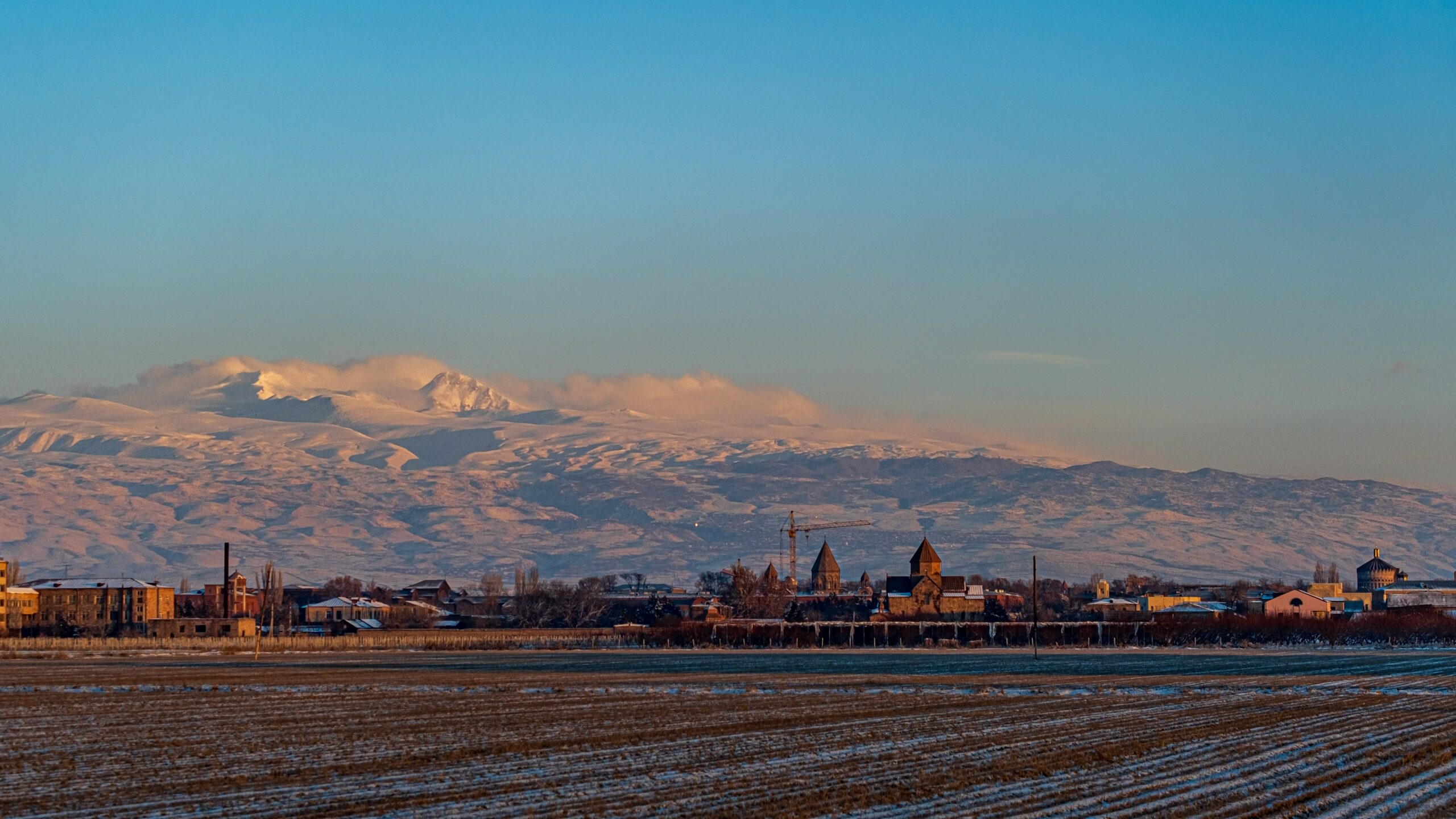Ones to Watch
Americas: Protests against Bolsonaro’s COVID-19 response expected to persist across Brazil
Sectors: all
Key Risks: civil unrest; political stability; policy-making
In Brazil, protests against President Jair Bolsonaro’s handling of the COVID-19 pandemic are expected to continue to regularly occur. On 19 June thousands took to the streets in Brasilia, Rio de Janeiro, Sao Paulo and other main cities as the country surpassed 500,000 COVID-19-related deaths. Demonstrators condemned the government’s slow vaccine rollout and the overall pandemic response. The mass protests, which were led by leftist workers’ unions, organisations and opposition parties, took place a day after the Senate placed Health Minister Marcelo Queiroga and other officials under investigation as part of a probe into the government’s management of the pandemic launched in April. The probe will continue to fuel political tensions particularly as the October 2022 general elections approach. Although unlikely to lead to Bolsonaro’s impeachment, the protests risk denting his political capital ahead of expected efforts to seek re-election.
Asia Pacific: China’s REITs raise US$4.6bln on first day of trading
Sectors: infrastructure
Key Risks: business risks
In China, the first nine publicly traded real estate investment trusts (REITs), which went on sale on 31 May, raised a total of CNY30bln (US$4.7bln) for infrastructure-related projects on the first day of trading. These nine REITs – five in Shanghai and four in Shenzhen Stock Exchange – are expected to bring investment into key projects such as highways and industrial parks. The Chinese REITs, which differ from their overseas counterparts as they are backed by infrastructures projects instead of commercial properties, were launched with an aim for local governments to tap into private funds for infrastructure investments amid spiralling debt burdens. Although China’s infrastructure REIT market is expected to remain small in the near-term, it will generate funds and facilitate the expansion of the infrastructure sector while providing local governments and companies with additional liquidity and opportunities to deleverage.
Eurasia: Afghan-US presidential meeting; instability in Armenia; sanctions on Belarus
Sectors: all; aviation
Key Risks: political violence; war on land; political instability; policy uncertainty; sanctions
Afghanistan’s President Ashraf Ghani and chief negotiator Abdullah Abdullah will meet US President Joe Biden on 25 June amid a rapidly deteriorating security environment across the country. International troop withdrawals are nearing completion and any financial or diplomatic support from the US is unlikely to impact the situation on the ground. Meanwhile, questions have arisen in Armenia following the convincing victory of Nikol Pashinyan’s Civil Contract party at 20 June snap parliamentary elections. Former president Robert Kocharyan’s ‘Armenia’ alliance may boycott parliament, despite winning 29 seats, which could trigger limited political deadlock. EU foreign ministers are expected to confirm targeted sanctions on Belarus’s aviation sector on 21 June and may approve more severe economic punitive measures on 24 June, the day before the UN aviation regulator is due to release a report on Minsk’s 23 May forced landing of a commercial flight.
Europe: Political turmoil in Sweden; upset at French regional elections
Sectors: all
Key Risks: policy uncertainty; political instability
In Sweden, Prime Minister Stefan Lofven’s loss at a 21 June parliamentary no-confidence vote precipitated political turmoil likely to play out this week. Parliament voted to oust Lofven over his minority government’s plan to liberalise rent controls for new-build flats. The vote was triggered by the right-wing Sweden Democrats – who have become increasingly prominent after first entering parliament in 2010 – when the Left Party withdrew its support for the government over the rent issue. Lofven has seven days to decide whether to resign, giving the speaker responsibility for finding a new government, attempt to form a new government himself or call snap elections. Meanwhile, in France, the 20 June regional elections also caused an upset as both Marine Le Pen’s far-right Rassemblement National party and President Emmanuel Macron’s La Republique En Marche (LREM) performed worse than expected.
MENA: Iran’s new president to block nuclear negotiations; tensions build with Libyan strongman
Sectors: all; oil and gas
Key Risks: political risks; political instability; policy disruption; sanctions; war on land
The 18 June presidential elections will complicate Iran’s nuclear negotiations in Vienna. Ultra-conservative President-elect Ebrahim Raisi stated that he would resist attempts under the negotiations to address Iran’s ballistic missile programme or regional ambitions. President Hassan Ruhani will remain in the post until 8 August, affording diplomats in Vienna time to revive the deal, although appeasement may occur before Raisi’s inauguration, which would enable the regime to place blame on outgoing Ruhani and Raisi to enjoy sanctions relief. Tensions are rising again in Libya as Libyan National Army’s (LNA) commander Khalifa Haftar closed the Libya-Algeria border without permission from Government of National Unity (GNU) Prime Minister Abdulhamid Dbaibah. Haftar stated that he is ready to reach an understanding with the GNU and indicated his participation in December’s elections. However, amid the political transition, tensions will continue to rise, threatening the recent calm.
Sub-Saharan Africa: Ethiopia’s PM Ahmed faces key test in delayed parliamentary elections
Sectors: all
Key Risks: political instability; political continuity; political violence
In Ethiopia, voting in the country’s parliamentary elections began on 21 June, pitting the ruling Prosperity Party against a stymied opposition in what is a key test for Prime Minister Abiy Ahmed. Originally set for August 2020, the election was postponed due to the COVID-19 pandemic and again in early June 2021 amid logistical issues. Voting will not be held in one-fifth of the country’s 547 constituencies, including in Tigray region, over security concerns and several opposition boycotts, most recently by two popular Oromo opposition groups who cited intimidation by the federal government. Ahmed’s Prosperity Party is likely to win a majority as votes are tallied over the coming days. He will likely continue to pursue a reformist agenda, prioritising economic and political liberalisation. However, rampant ethnic violence, which has impeded voting, will no-doubt spur questions over the final result.



